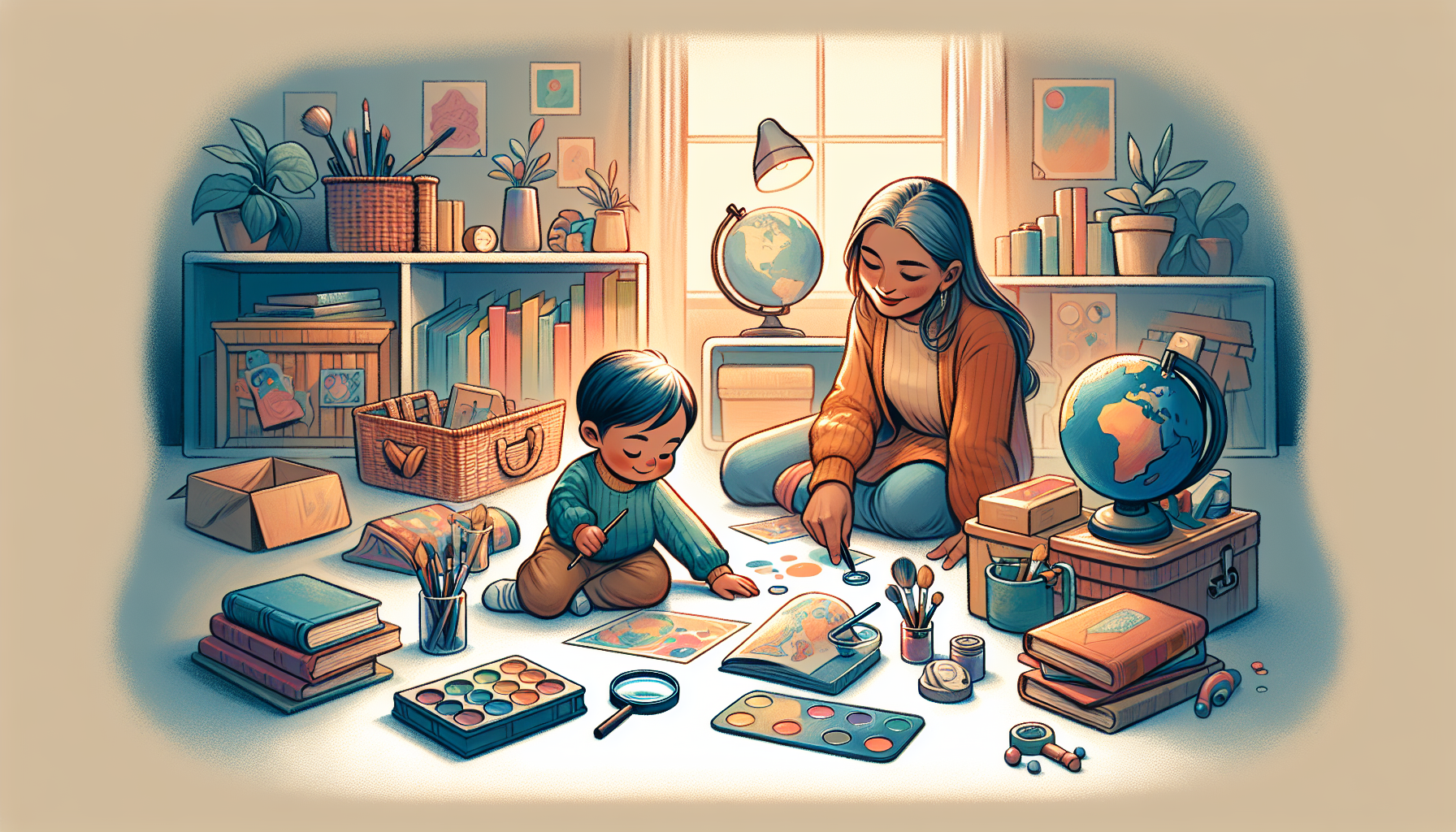Encouraging Curiosity and Exploration in Children
As a parent or future parent, fostering curiosity and exploration in your child is one of the most rewarding things you can do. These traits are not only fundamental to child development, but they also lay the groundwork for lifelong learning and adaptability. In this article, we’ll explore why encouraging curiosity is vital and provide practical parenting tips to help you nurture these qualities in your children.
Main Points
Curiosity and exploration are essential components of a child’s cognitive and emotional development. When children engage in exploration, they learn to interact with their environment, solve problems, and develop critical thinking skills. According to research, children who are curious tend to perform better academically and are more adept at overcoming challenges.
A critical aspect of encouraging curiosity is understanding the psychological needs of children. Cognitive-behavioral therapy (CBT) principles emphasize the importance of meeting these needs to promote healthy development. For instance, children need a sense of safety to feel secure enough to explore. They also require autonomy to make choices and express themselves without fear of judgment. By addressing these needs, parents can create an environment conducive to exploration and learning.
For example, allowing a child to ask questions freely and explore their interests without restrictions can significantly boost their confidence and motivation. When parents show interest in their child’s discoveries, it reinforces the idea that learning is valuable and exciting.
Practical Recommendations
- Foster a Safe Environment: Ensure that your home is a safe space where your child feels secure to explore. Remove potential hazards and provide age-appropriate tools and materials for exploration.
- Encourage Questions: Be patient and open to your child’s questions. Answer them thoughtfully and encourage further inquiry by asking, “What do you think?”
- Provide Opportunities for Exploration: Offer diverse experiences, such as visits to museums, nature walks, or creative projects at home. These activities can spark curiosity and inspire learning.
- Celebrate Curiosity: Recognize and celebrate your child’s curiosity and discoveries. Positive reinforcement can enhance their enthusiasm for learning.
- Model Curiosity: Demonstrate your curiosity by exploring new topics and sharing your discoveries with your child. This behavior sets an example and encourages similar behavior in your child.
Conclusion
Encouraging curiosity and exploration in children is a cornerstone of effective parenting. By understanding and fulfilling your child’s psychological needs, you can create an environment that fosters growth and development. Remember, the benefits of nurturing curiosity extend far beyond childhood, equipping your child with the skills needed to thrive in an ever-changing world. Embrace these parenting tips and watch your child’s love for learning flourish.
For more insights on child development and parenting tips, visit the Child Mind website.

